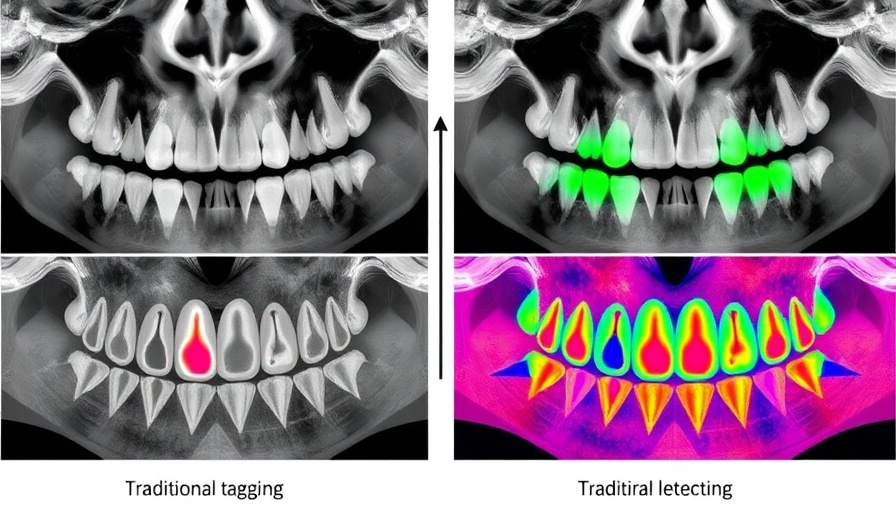
Machine Learning: A New Frontier in Pediatric Dentistry
As childhood caries, commonly known as cavities, remain a prevalent issue facing young children, researchers are eager to find innovative solutions. A recent study suggests that machine learning may have profound implications in predicting treatment outcomes for early childhood caries, offering a glimpse into how artificial intelligence could reshape pediatric dental care.
The Impact of Early Childhood Caries
According to data, dental caries is one of the most common chronic diseases in children, affecting nearly 1 in 3 children by age five. Left untreated, these cavities can lead to severe pain and infection, ultimately affecting a child’s growth and development. Therefore, finding effective treatment strategies is vital.
Unleashing the Power of Data
The study employed advanced machine learning algorithms to analyze a multitude of variables related to childhood caries. By examining factors such as demographic details, previous dental history, and caries progression patterns, the researchers were able to create predictive models aimed at optimizing treatment plans for young patients. This innovative approach not only helps in deciding treatment strategy but also in predicting the outcomes of these interventions.
Why Predictive Analytics Matters
Predictive analytics has transformed numerous fields, and healthcare is no exception. The capacity to forecast medical outcomes based on historical data empowers practitioners to tailor individual healthcare plans. In pediatric dentistry, early interventions can be crucial. For instance, knowing which treatments are likely to succeed in a specific patient can lead to more efficient use of resources and improved patient satisfaction.
Challenges and Considerations
While the potential benefits are significant, challenges remain in implementing machine learning within clinical settings. Dental practitioners must be trained to understand and utilize these technologies effectively. Additionally, there is the issue of data privacy and security, especially when it comes to children's health information. Ensuring that advanced AI systems are ethical and safe is paramount.
A Glimpse into the Future
As this technology continues to develop, we may see automated systems seamlessly integrated into pediatric dental practices. Imagine a scenario where, upon a child's visit, a machine learning model instantly assesses their dental history, recalls relevant patterns, and recommends a personalized treatment plan. Such advancements not only promise better health outcomes but can significantly enhance the overall efficiency of dental practices.
Conclusion: A Paradigm Shift in Pediatric Dental Care
The findings from this study signal a potential paradigm shift in how pediatric dentistry can approach treatment for early childhood caries. By leveraging machine learning, healthcare providers could usher in a new era of precision medicine, catering to the unique needs of each young patient. As these technologies evolve, it is essential for dental educators, practitioners, and caregivers to stay informed, ensuring that they can embrace innovations that benefit children’s health.
As we move forward into a tech-driven future, it's crucial for stakeholders in dentistry to collaborate with tech developers, creating a comprehensive framework that prioritizes ethical standards while optimizing treatment outcomes. By staying engaged with these technological advancements, families can ensure their children receive the best possible dental care.
 Add Row
Add Row  Add
Add 




Write A Comment